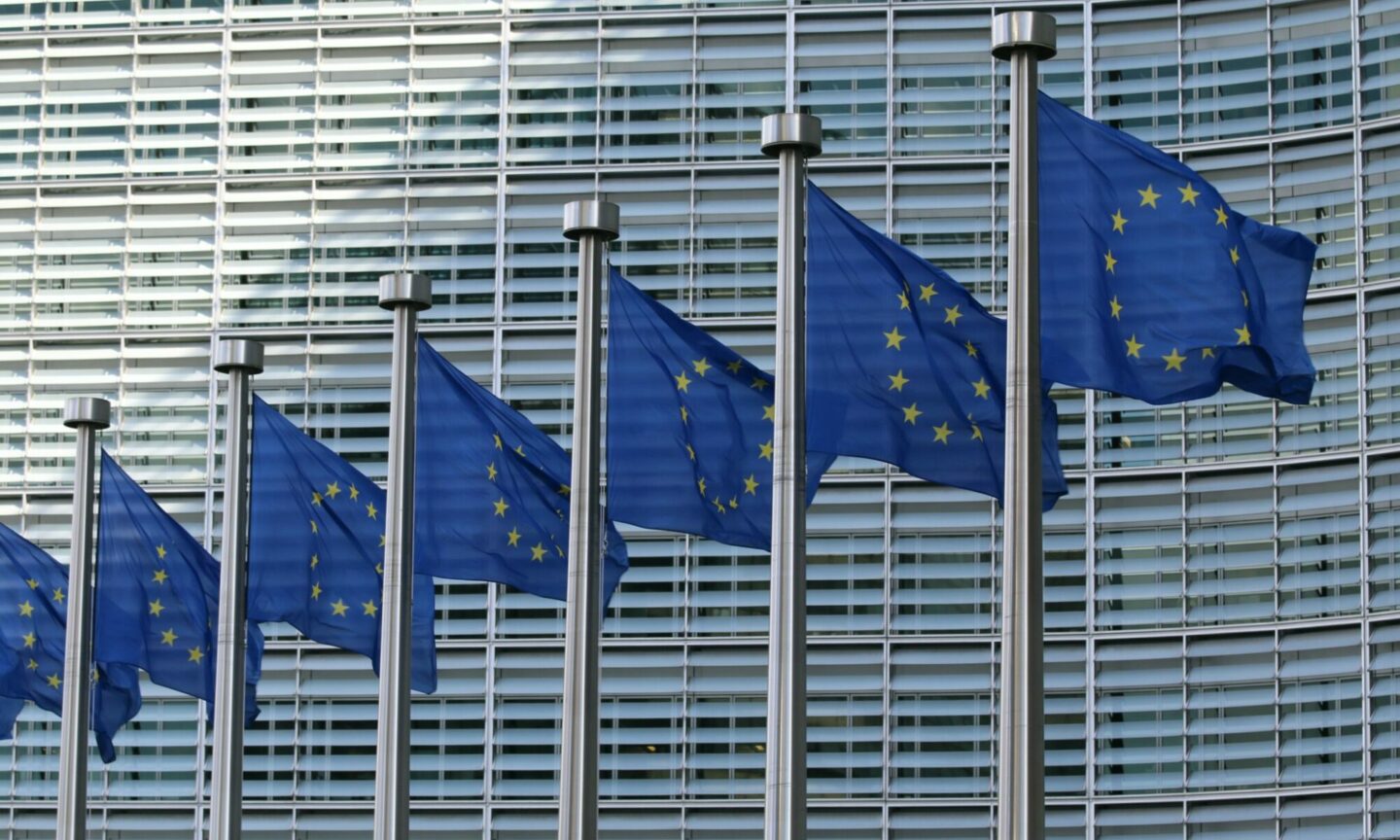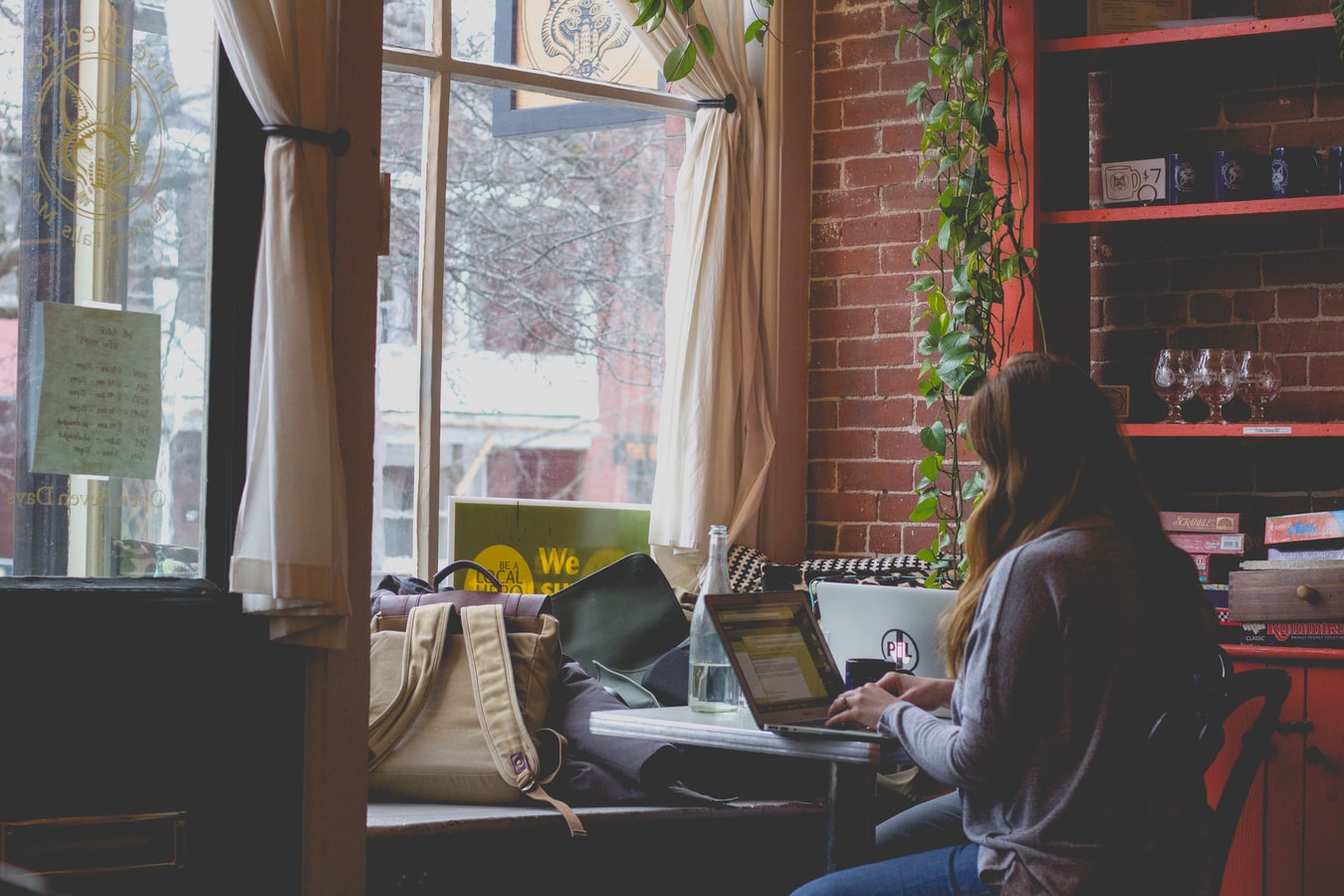- Csr & Inclusion
Work in the present and in the future: the Eurofound programme
One of the challenges of recent years has to do with the organisation of effective and sustainable work.

Eurofound, the European Foundation for the Improvement of Living and Working Conditions, deals with these issues, and for the period 2021–2024, it will monitor and analyse the developments in the production sector, also with respect to how much the COVID-19 pandemic has affected the conditions, qualities and practices of the workplace.
The analyses on which Eurofound focuses its work include not only the issues of working hours, telework, equal treatment, skills and training, incomes and prospects, but also those related to health and well-being in the workplace. In fact, the EU Agency wants to place the emphasis on improving the quality of work of public and private employees, which will allow companies to position themselves better on the market and employees to be more productive due to their increased motivation.
In the era in which the promotion of diversity is seen by companies as an opportunity for growth and competitive leverage, the work of Eurofound can be crucial for providing a good quality workplace, thus allowing each employee of a company to have an optimal and longer working life thanks also to better health conditions and, last but not least, a workplace that has a good balance between professional and private life.
While working conditions in the European Union are generally improving, not all sectors are benefiting from the rapid progress taking place. To date, only a fifth of companies have managed to achieve excellent results and also an acceptable level of well-being in the workplace, and it has been shown that those workplaces that invest in employees are able to increase productivity.
Another aspect not to be overlooked is teleworking, which has become an integral part of working life since the beginning of the health emergency caused by COVID-19. In reality, we were talking about remote work already in the 1970s, when Jack Nilles, a physicist at NASA, reflected on the concept of telecommuting, a new way of understanding work (even at a distance) and, more generally, the life of each one of us.
Almost fifty years later, during a pandemic, Nilles’ idea came true overnight and globally: the virtual office is a reality, working from home became the only possible way, and companies suddenly had to reorganise themselves, revolutionising in many cases their very essence. And it is precisely here that the concept of sustainable work must be inserted, eliminating the factors that demotivate an employee, involving them in professional and personal development and, consequently, also taking into consideration the human factor.
This is also demonstrated by the data provided by the European Company Survey 2019, which was published last October by Eurofound and Cedefop: companies optimise their results when the development of skills is explicitly shared by the employer. Over 90% of managers consider training important for each professional figure even if only 9% provide real training and learning opportunities.
The work of Eurofound is, therefore, useful to all the actors in the professional sphere, not only because we are faced with a different way of working, but also to ensure that individual needs and skills are integrated to provide better productivity and mental and physical well-being, whether at home or in the office.



